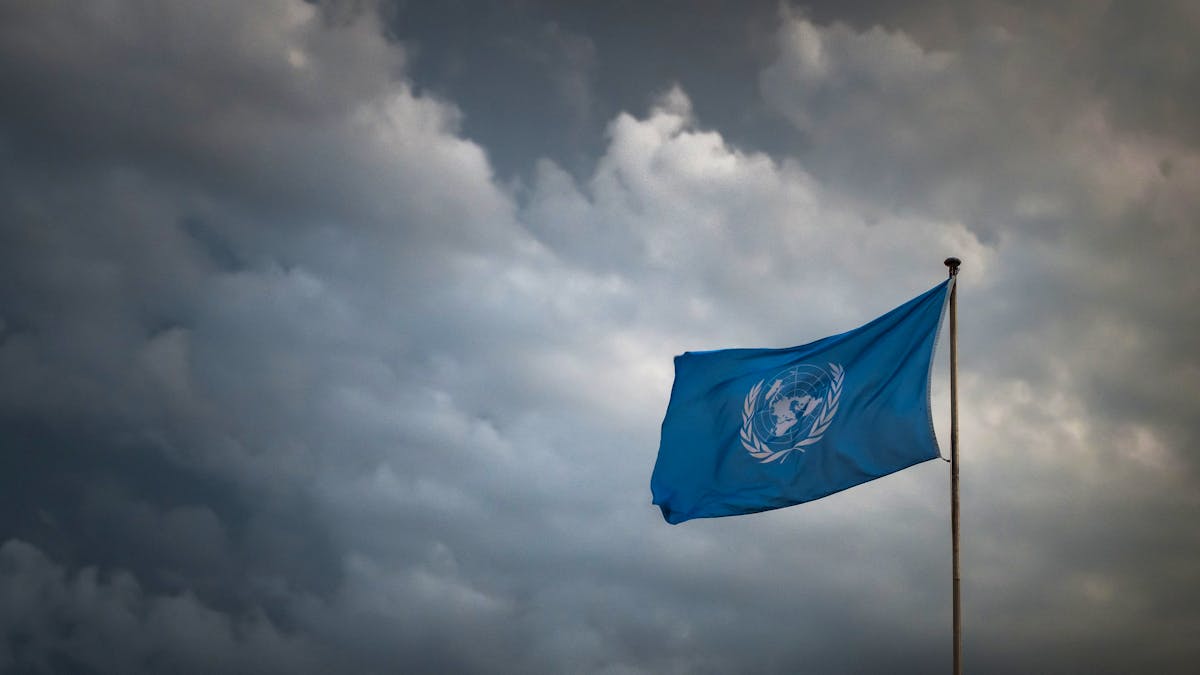There will be no treatise against plastic pollution in Geneva: ten days of tense diplomatic talks ended on Friday at dawn with an observation of bitter failure for the environment and diplomacy.
The representative of Norway, co -president of a group of countries which defended a treaty of “high ambition” to protect the environment and human health in the face of the growing danger of plastic pollution, announced it at the opening of a plenary meeting of the 185 governments: “We will not have a treatise on plastic pollution here in Geneva”.
The president of the negotiations, the Ecuadorian Luis Vayas Valdivieso had presented in 24 hours two different versions of a compromise proposal, the last of which in the night of August 14 to 15 in a feverish and worried atmosphere.
But the delegation managers gathered in an exceptional session at dawn did not succeed in agreeing on this latest version despite a sensitive evolution in the formulation.
This text, which included even more than a hundred points to be clarified, constituted an “acceptable base of negotiation”, had indicated two distinct government sources questioned by AFP just after the online text on the UN site of negotiations.
In the session, he did not consensus, as reported by the representatives of Saudi Arabia, India and Uruguay.
As such, some members have asked that the not selected texts are not attached to a next session of negotiations. The European environment commissioner Jessika Roswal, on the other hand, estimated that the work carried out is a good basis for a resumption of negotiations.
Many delegates have expressed their disappointment, the Fiji representative believing that this failure “weakens multilateralism”.
“A handful of countries, guided by short -term financial interests and not by the health of their populations and the sustainability of their economy, have blocked the adoption of an ambitious treaty against plastic pollution,” regretted the French Minister of Energy Transition, Agnès Pannier Runacher, in a declaration.
Two irreconcilable camps
Throughout the process, a trench warfare has indeed opposed two camps which seem irreconcilable.
The “ambitious”, including the European Union, Canada, Australia, many countries in Latin America, Africa and islands, which wanted to reduce global plastic production and control the most worrying molecules for health, in order to reduce pollution.
Opposite, essentially oil countries which refuse any constraint on the production of hydrocarbons at the base of the plastic industry and any ban on dangerous molecules or additives.
These countries did not bear that all the negotiation was based on “all the lifespan” of the plastic, that is to say from the substance derived from oil to its state of waste.
They waged a shelf war to obtain the change in the “scope” or the scope of the text of the treaty, which had been set in 2022 at the United Nations General Assembly.
China, the world’s leading producer of plastic, had documents at the start signed documents with this group, but remained relatively discreet throughout the process.
Under the eye of representatives of the petrochemical industries present in the corridors, the countries had already failed once to produce a common text during the last sequence of negotiations, in Busan in South Korea at the end of 2024.
The subject is all the more important since the planet has produced more plastic since 2000 than during the previous 50 years, mostly single -use products and packaging. And the trend accelerates: if nothing is done, current production, of some 450 million tonnes per year, should triple by 2060, according to OECD forecasts. Less than 10% is recycled.

